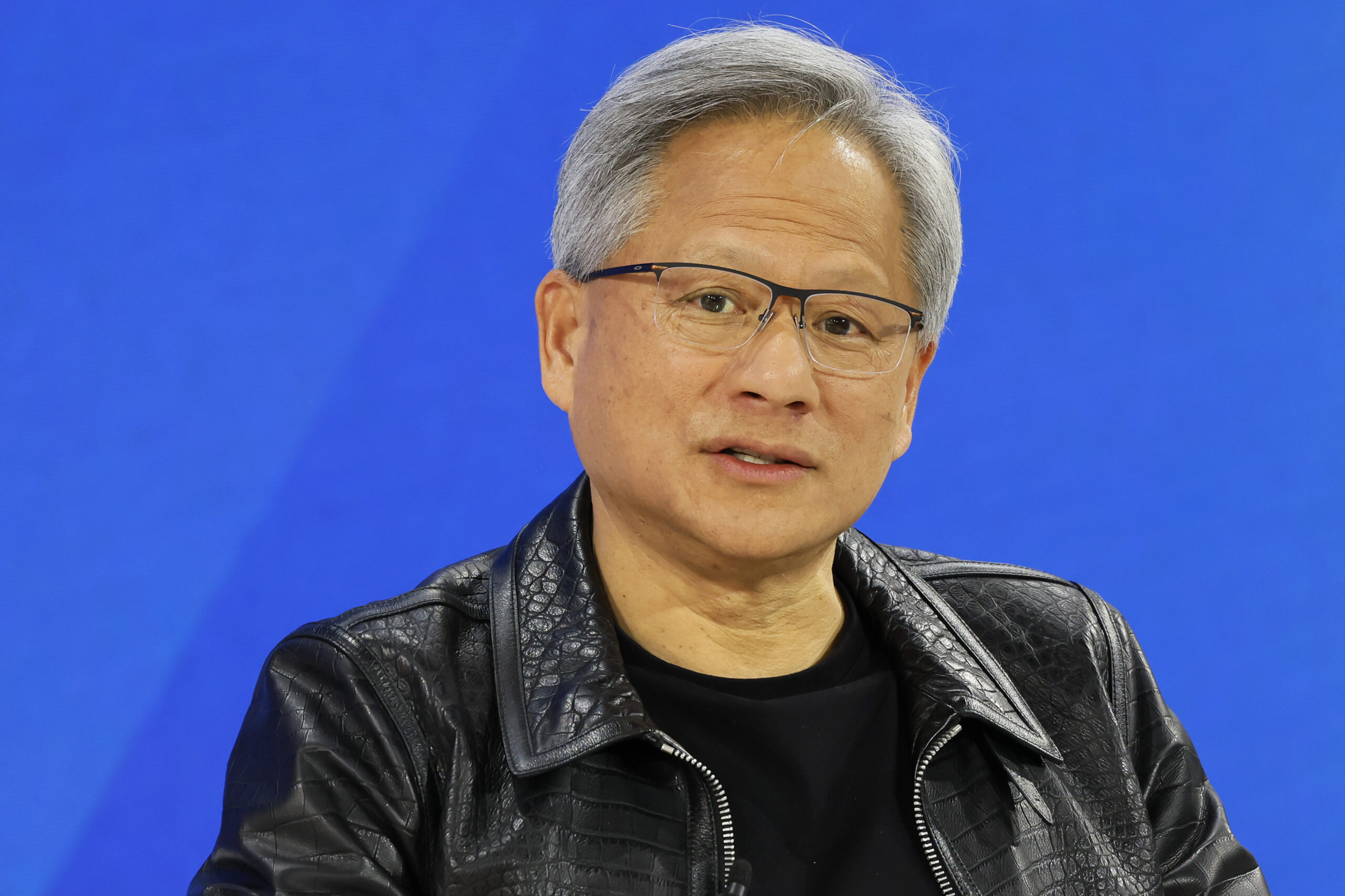Nvidia has had quite the week. Quarterly revenues at the American chipmaker have surged 265%, hitting $22.1 billion in the fourth quarter of 2023. This was even higher than Wall Street’s estimates of $20.4 billion, and the company says that it expects revenue in the current quarter to hit $24 billion. These soaring revenues have put Nvidia firmly on the investment map: it now has a market valuation of $1.7 trillion, knocking Google-parent Alphabet off the third-place spot.
Nvidia’s stock surged 14% in response to the news in pre-market trading, having gone up 48% in the past six months, 225% in the past year, and a stonking 1,595% in the past five years. This runaway stock price clearly reflects revenue growth; its price-to-sales ratio, although high, has been relatively stable in recent years.
The key question for investors is where this revenue is coming from. At first glance, the answer is simple enough: Nvidia makes chips that are associated with Artificial Intelligence (AI). Prior to the AI boom, the firm was mainly a designer of graphics cards for gaming enthusiasts, not a market that observers expect to grow substantially. It is Nvidia’s bet on the AI revolution that has led to its huge growth.
The question of viability becomes a little thornier when considering the end use of the chips, however. The main buyers of Nvidia’s chips are Big Tech companies: Amazon, Microsoft, Google/Alphabet, Meta/Facebook, and Dell. These organisations, in turn, are using the chips to power the new AI-based software that they are creating. They believe that AI is the next frontier in technology, and Nvidia’s long-term prospects ultimately stand or fall on whether this turns out to be true.
The first question that should be asked is how these technologies might generate revenue that can be used to justify the investment ploughed into them. Take the example of ChatGPT, which is, much like Google, free and widely used. To make money, ChatGPT’s parent company mostly sells API services to businesses, yet this has not proved particularly lucrative so far. The company has lost around $540 million developing the technology, and while there is talk that the revenues will soon pour in, this remains no more than a rumour.
More broadly, however, there is every chance that the AI revolution has been oversold, and that its technology is not as revolutionary as its proponents make out. In terms of ability to process information, ChatGPT and similar technologies do not seem remotely as impactful as the humble search engine, much less the creation of the internet. Nor does these developments come close to the personal computing revolution of the Eighties and Nineties.
AI’s dirty little secret is that it is not really a new technology. Nor is it “intelligence” in any meaningful sense. It works through pattern recognition, which in turn works through statistical correlations — a type of mathematics developed in the late-19th century and furthered by statisticians and economists in the 20th. Statistical tests can be enormously powerful, but they are also limited in what they can do. Most sensible econometricians know that there is only so much statistical juice that can be squeezed from the data lemon.
AI is likely to run up against these constraints — and probably much quicker than its proponents think. This supposed revolution is less the beginning of something new than the end of something old. Utopian technological dreams are not what they were in the Nineties. The overselling of AI technology may well end up being overcompensation for the fact that the best days of computer-based innovation are behind us.











Join the discussion
Join like minded readers that support our journalism by becoming a paid subscriber
To join the discussion in the comments, become a paid subscriber.
Join like minded readers that support our journalism, read unlimited articles and enjoy other subscriber-only benefits.
Subscribe